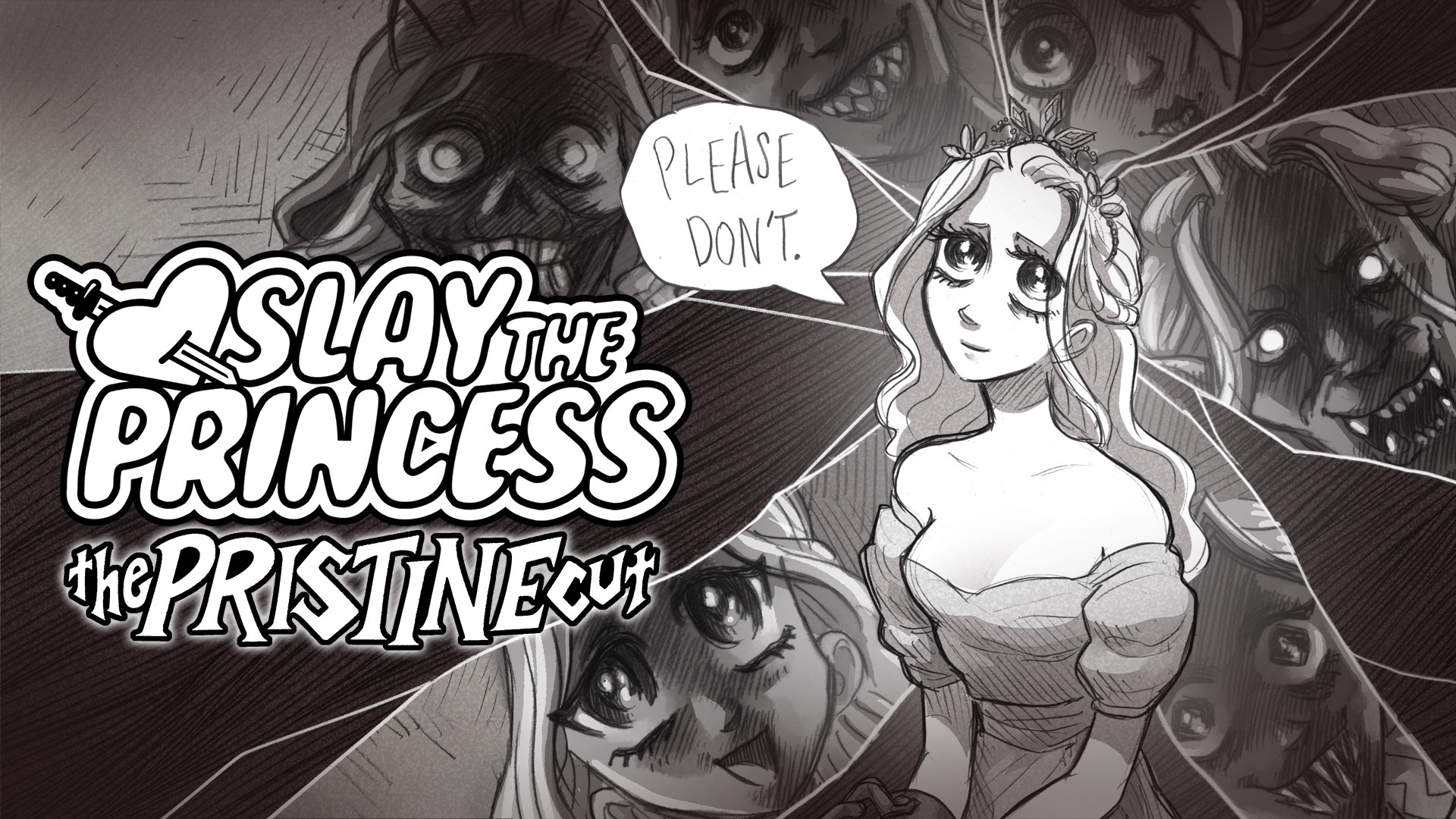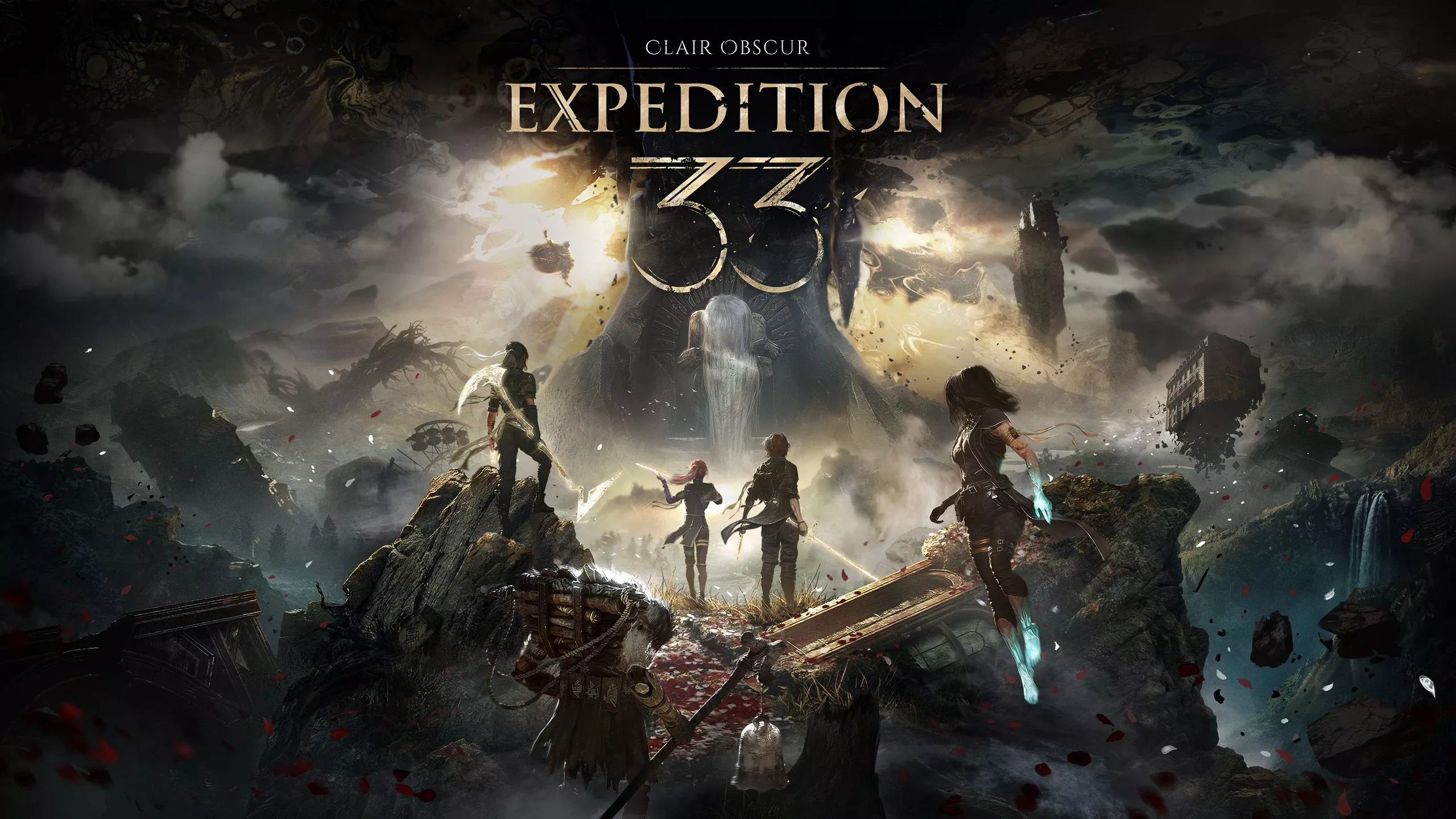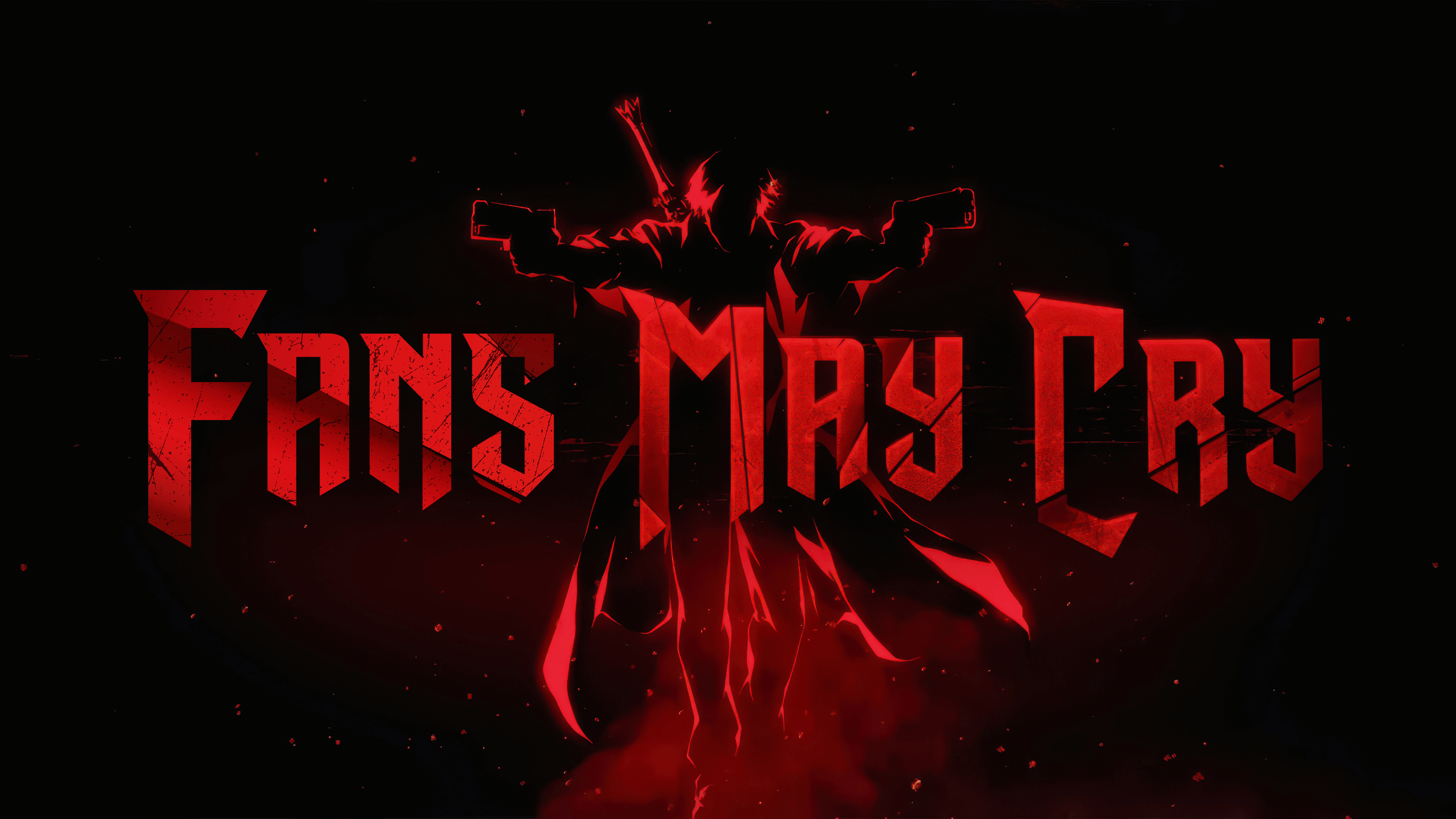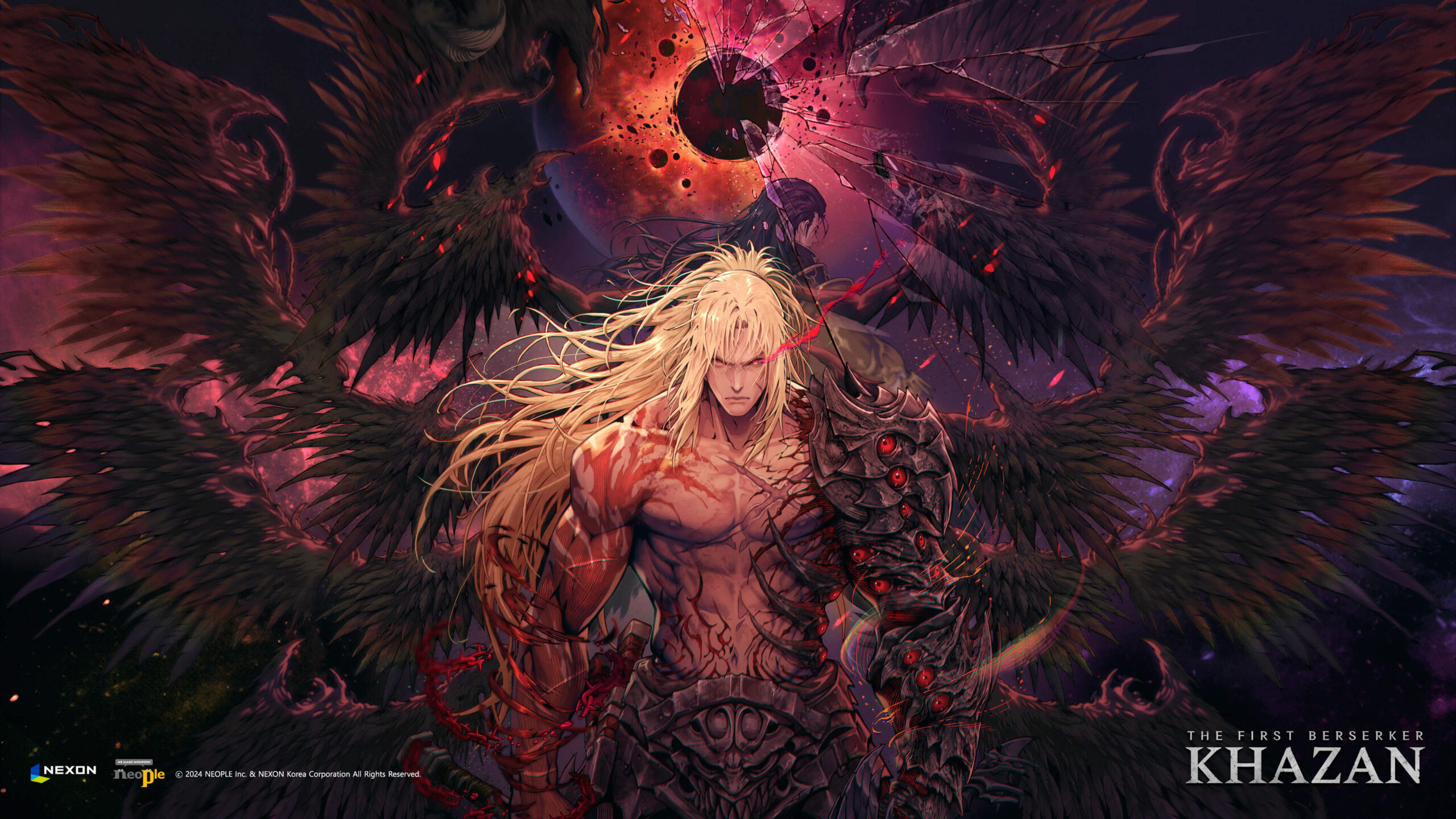Chapter 1: The Unknown

You come to. A voice in your head, dubbed the Narrator, explains what is happening. You are on a trail in the woods, on your way to a cabin. In the cabin’s basement lives a princess, and you are here to slay her, or face the end of the world.
Trying to pry him for more information does not yield much success. Unless the Princess is slain, the world and everything in it will cease to exist, and no-one can do it except for you. Leaving her in the cabin is not an option and neither is escaping your fate, according to The Narrator.
You proceed towards the cabin.

Another voice joins the discussion in your head. The voice of the Hero. Slaying a princess sounds kinda bad, no?
Entering the cabin, it is completely empty, except for a small wooden table in the corner. A Pristine Blade is waiting there for you, as if all of this was pre-determined a long time ago. Ahead of you is a door to the basement. You know what awaits you there.
You push it open and take a step down the stairs.

Chapter 2: The Witchcraft
The art of Slay the Princess is absolutely nuts. With every scene hand-drawn with a pencil, masterfully capturing every emotion of the characters, the sense of fear, anger, regret, love.
This is a horror game, after all.

The voice acting is great. It might not be very high-budget, and you’ll need to hear it yourself to decide whether you like it or not, but in my opinion it has done a good job of telling a great story, within the constraints of the budget and the narrative. Considering there are only 2 actors, ultimately voicing 30+ characters, (depending on how you look at it), I don’t have any complaints about it.
What really shines here is the narrative. Black Tabby Games managed to craft something incredible. A touching, scary, beautiful, off-the-rails story. A real, existential crisis inducing narrative touching themes of life and death, love and hate, mortality and Godhood.

This is definitely not a game to just pass the time with. It will make you think about the deeper things you did not expect, and leave you looking for more once it’s done.
Chapter 3: The Cosmos
This is as far as I’ll go without spoilers. If you didn’t play the game up to this point, I highly encourage it.
Regardless of how your first interaction with the Princess will transpire, it will always end with you, or both of you dying. You will be greeted with “everything goes black, and you die” more times than you can count.

Waking up in the middle of the woods, with a voice in your head claiming you’re on a way to a cabin where a Princess lives and you have to slay her to save the world, choosing the dialog options that claim that you’ve been here before will do nothing, as the Narrator will just brush away this possibility.
It is not until you reach the cabin again, that it becomes clear not only that you’ve been here before, but depending on your interaction with the princess before, everything has changed. But the changes don’t limit themselves to the cabin.
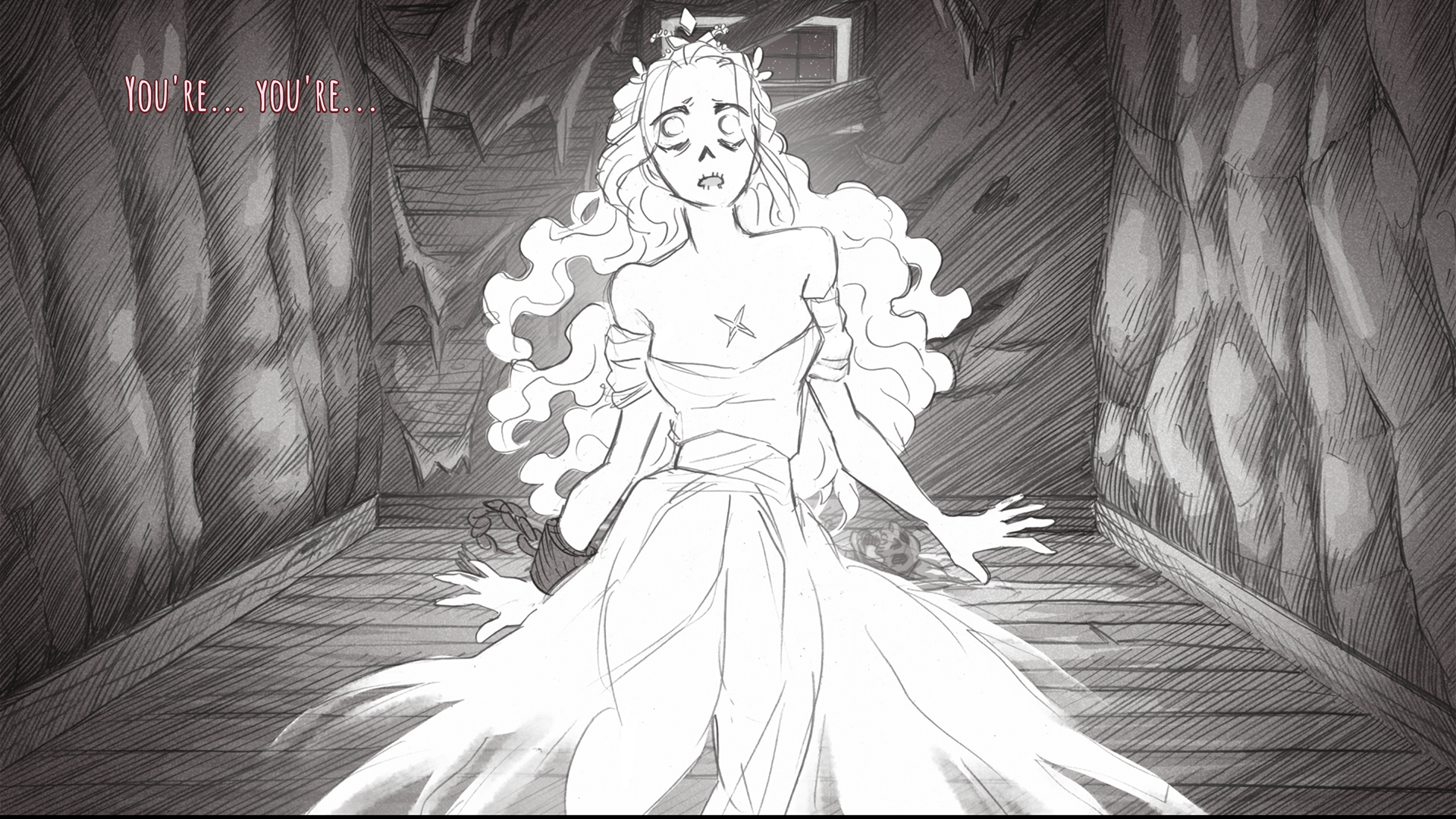
Not only does the Princess remember you, and your previous interaction, but she also is different herself.
Changed, by your decisions, perhaps?
You’ll go through multiple chapters of “kill or be killed” with the Princess until everything just… ends.
You will find yourself in a giant reality of nothingness, with nothing but a mirror showing your reflection, until you are greeted by something else.

A mysterious entity, consuming the princess you were just getting to know a little while ago. The entity, oddly calm and poetic, will do its best to answer your questions, but in the end, will explain to you that it’s nothing more than intertwined thoughts and feelings, and doesn’t even know itself, let alone anything else. However, by bringing the Princess to it, it will slowly but surely get to understand its purpose in this world as well as shed some light on the very questions that you undoubtedly have.

You come to. A voice in your head, dubbed the Narrator, explains what is happening. You are on a trail in the woods, on your way to a cabin. In the cabin’s basement lives a princess, and you are here to slay her, or face the end of the world.
Chapter 4: Ț̷̢̨̤͍̖̼̓̓̾ͅh̸̫͕͉̿͑̈̐͊͋͆͐̓e̸̮̠̰̰̼̘̦̘̽͌̋̀̌̇͗̒̅͘ ̴̟̼̀̓̂̀ͅL̸̛̺͖̂͆͋̉̌o̵̢̘̩̝̼͈̙̱̲̘̊̌̏͘r̵̨̹͎̭͉͔͎̅ȅ̷̜̱̬̮͗̒̋
There once was a mortal being who experienced living to an irreversible, unstoppable end of the universe, and with it, everything that you ever knew and loved. In a desperate attempt to save the universe, he managed to split the cycle of life and death into two gods, locking them in a construct with nothing but an echo of his former self to guide one to kill the other, ultimately getting rid of death once and for all, even if that meant he couldn’t ever experience the world without death himself.

And so you come to. A god, split from your other half, with a voice of a mortal in your head, doing everything in his power to convince you to kill her. Her, who is nothing but a creation of your subconsciousness, or rather of what you expect her to be.
The first major decision in the game (apart from refusing to go to the cabin, I guess) is whether or not to pick up the Pristine Blade from the table. As you open the door to the basement and take the first steps down the stairs, you hear a voice. Depending on whether or not you have the blade in your hand, it will be different. The Princess can have a soft and delicate (and scared) voice if you chose to leave the blade behind, or cold and aggressive if you didn’t.

Confirmed later by the Narrator, this just means that the countless Princesses are simply vessels of your other half, taking shape according by your expectations of the interaction that awaits you ahead.
Completing different paths of the story means bringing your other half perspectives upon herself on her road to self discovery as her being was shattered into countless vessels by the narrator, until she is fully formed and realized, and in the end, reuniting with you, and deciding what to do next.

The Narrator’s plan was sure to fail from the start – despite his best efforts, and his sacrifice, you understand him no more than he understands you. After all, he is nothing but an echo of a once mortal man to whom death is very real, if not his own. You, on the other hand, a half of an omnipotent being to whom death is nothing but a change of state in the grand scheme of things, one universe dead, another is born.
And thus, in an attempt to cheat death in an attempt to save the world he loved, the Narrator, ironically doomed his soul into eternal imprisonment in a construct of his own design, bearing witness to an unimaginable number of universes dying, with no memory of them being born anew, living the endless cycle of existential horror for everything he ever loved, unable to influence the powers he thought he could control.

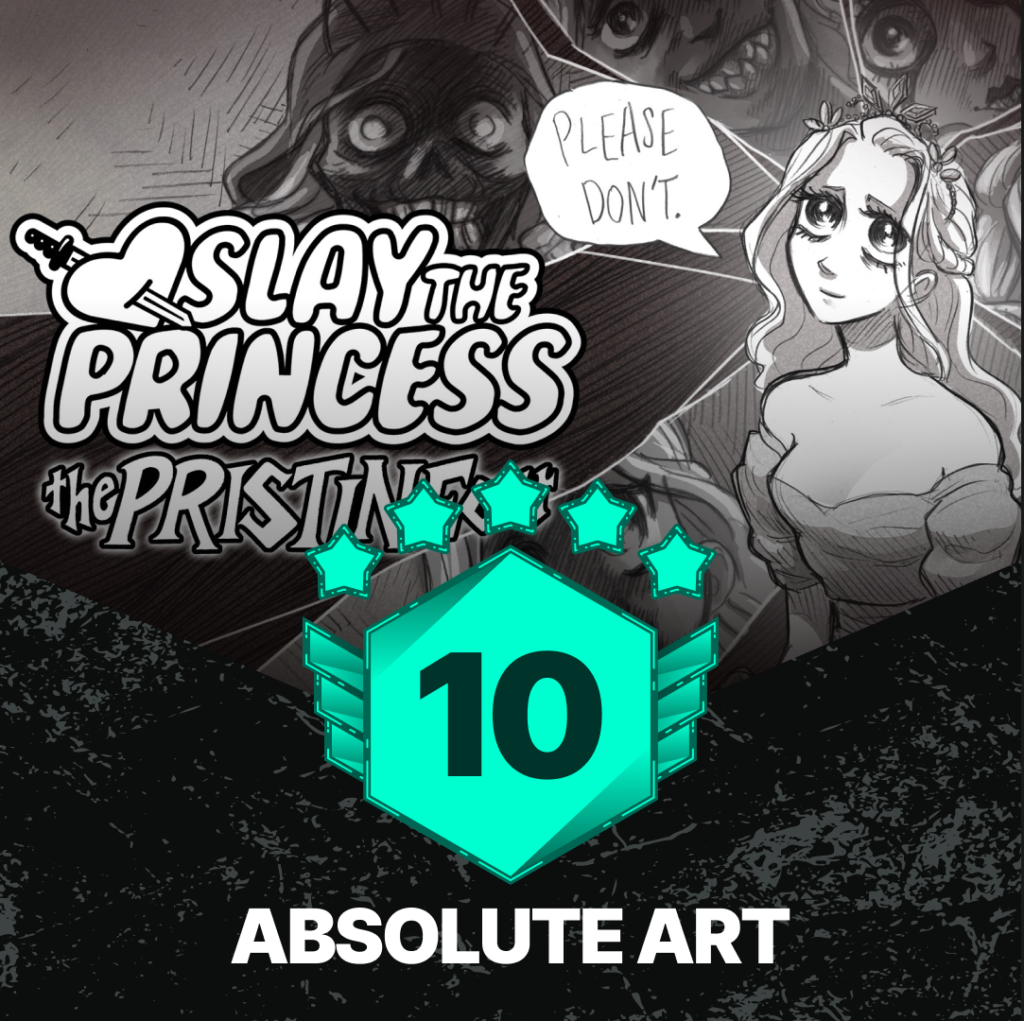
Slay the Princess: the Pristine Cut
This game is yet another proof of the art that some video games can be. It might be a visual novel, but the impact of this type of story would totally be lost in the form of a different piece of media.

